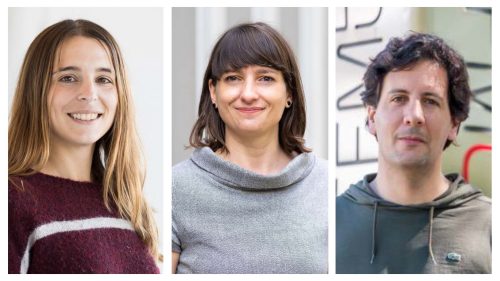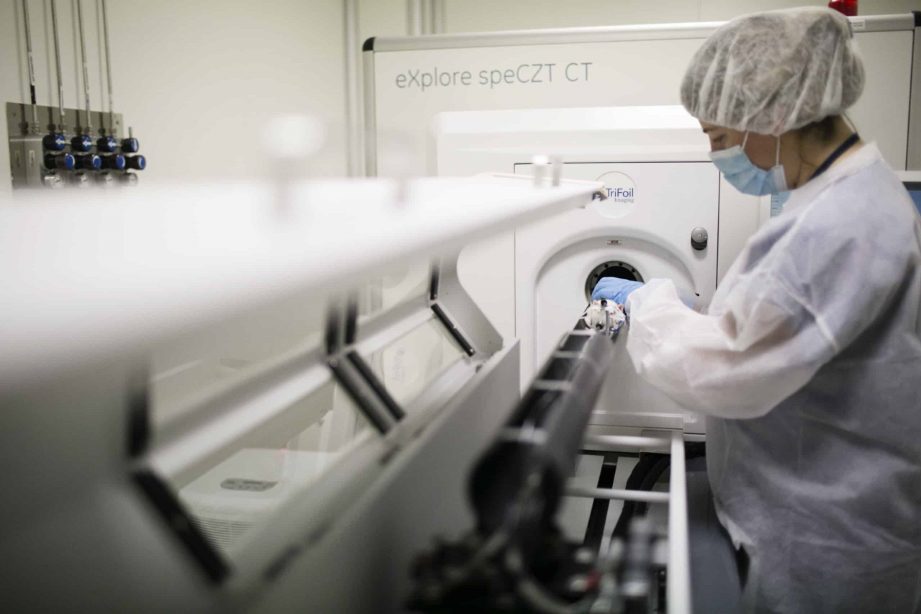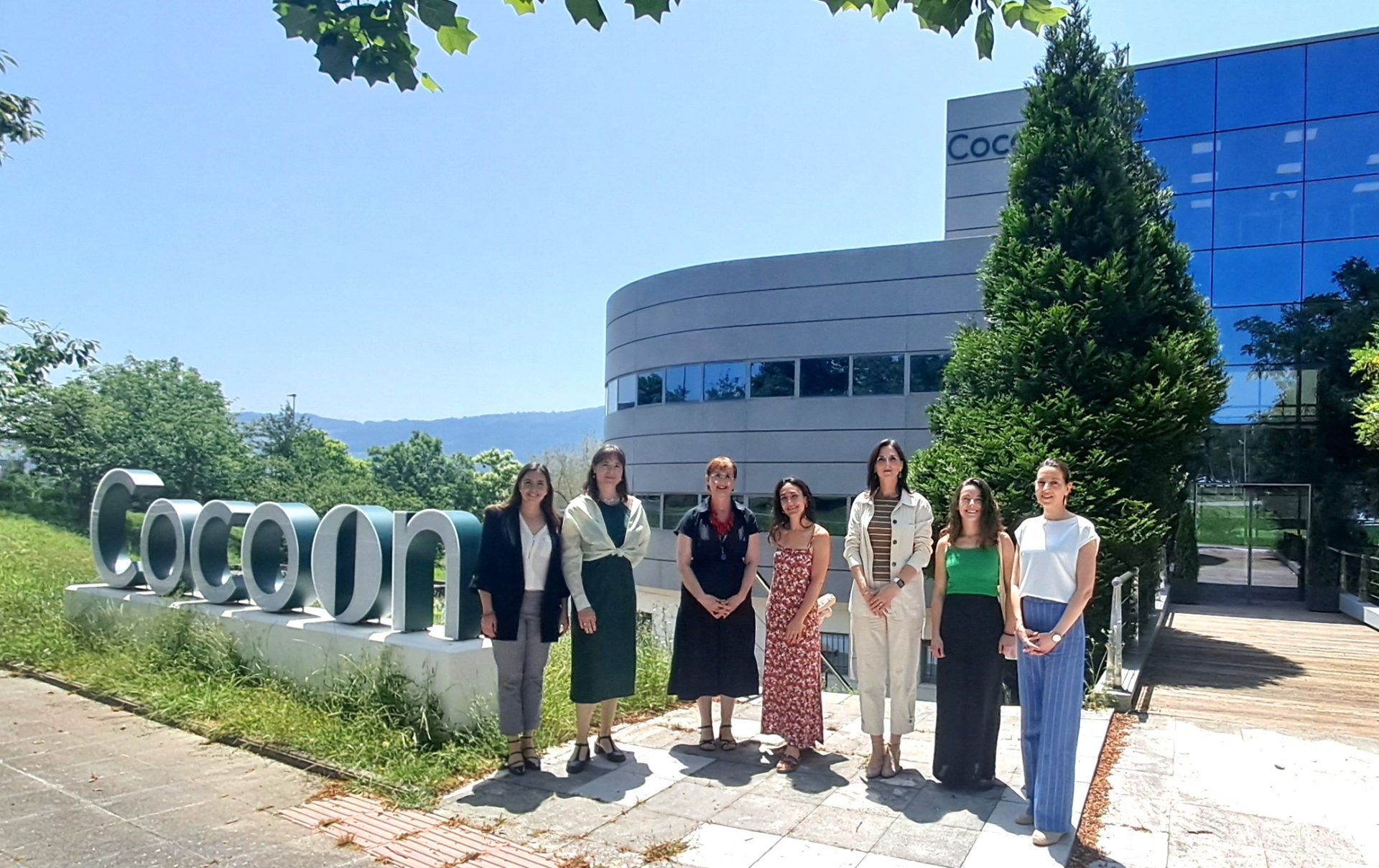Three new European Research Council grants for the Basque Country amounting to 7 million euros

Ikerbasque researchers Ainhoa Magrach from the Basque Centre for Climate Change (BC3) and Mariana Astiz from the Achucarro Basque Center for Neuroscience, as well as Miguel Moreno Ugeda, Ikerbasque researcher at the DIPC, have been awarded the prestigious ERC Consolidator grant.
The ERC supports projects that seek to develop novel, high-risk research at the frontiers of knowledge. This is one of the most prestigious research grants in the world.
 In 2007, the European Commission created the European Research Council (ERC) with the aim of promoting excellent basic science in Europe by supporting the best researchers from all fields and of any nationality who wish to pursue their research at the frontiers of knowledge. The ERC funds prestigious projects that seek to develop novel, high-risk research. Since its creation, the ERC has had a considerable impact on the European research landscape.
In 2007, the European Commission created the European Research Council (ERC) with the aim of promoting excellent basic science in Europe by supporting the best researchers from all fields and of any nationality who wish to pursue their research at the frontiers of knowledge. The ERC funds prestigious projects that seek to develop novel, high-risk research. Since its creation, the ERC has had a considerable impact on the European research landscape.
We have learned the results of the ERC Consolidator call, a modality aimed at excellent researchers with between 7 and 12 years of scientific experience, which aims to fund the most promising ideas, those that are at the frontier of knowledge. In this call, three of the grants have gone to the Basque Country:
Ainhoa Magrach, Ikerbasque researcher at the Basque Centre for Climate Change (BC3) has received 2 million euros, specifically €1,998,793, to develop the GorBEEa project. This project represents an ambitious research programme at the intersection of population, community, ecosystem and conservation ecology, which will facilitate an understanding of how declining levels of biodiversity influence natural ecosystem dynamics. In addition, GorBEEa offers an applied perspective through collaborations with different decision-makers to develop evidence-informed management practices in protected areas.
Mariana Astiz, an Ikerbasque researcher at the Achucarro Basque Center for Neuroscience, has received 2 million euros (1,955,895 euros to be precise) to develop the StarTicking project in which she aims to answer a long-standing question: when and how the circadian clock begins to function. It aims to investigate how the central pacemaker develops in the brain and what the influence of the maternal environment is in both mice and humans. StarTicking will provide valuable mechanistic insights into a process that occurs during pregnancy and has important health consequences for the rest of our lives.
Ikerbasque researcher at the Donostia International Physics Center (DIPC) Miguel Moreno Ugeda receives an ERC Consolidator Grant, with an endowment of 2,800,000 euros. This European Research Council grant will enable the acquisition of state-of-the-art equipment for the mKoiré project, which aims to study superconductivity in graphene-based moiré-type materials at very low temperatures and under vacuum conditions. This grant will enable the acquisition of state-of-the-art equipment for the project, which also has great potential in the development of quantum materials.
With thousands of applications each year and after an international evaluation in which scientific excellence is the sole criterion, only 10-15% of the projects are awarded this attractive funding. This year, 321 projects were funded with a budget of ¤657 million.
The initiatives supported by the European Research Council enjoy great prestige among the international scientific community. In fact, the success in obtaining these grants, which cover all scientific areas, is an indicator of excellence at international level. According to Fernando Cossio, scientific director of Ikerbasque, “Obtaining ERC grants makes the Basque Country internationally recognised as a region with advanced research, with Basque research groups of international standing and where the right conditions are in place to carry out research of international stature”.




